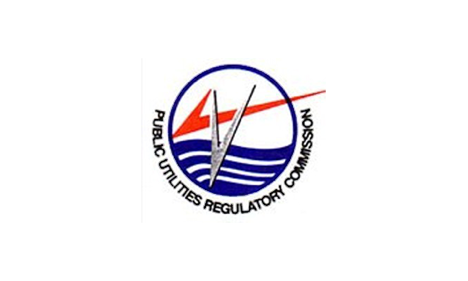The Public Utilities Regulatory Commission (PURC) has maintained utility tariffs for the second quarter of 2020, contrary to pressures from civil society groups for a reduction.
According to the Commission, the decision is in the best interests of the public as it will ensure financial viability and sustainability for the utility providers and guarantee provision of good services to their clients.
Executive Secretary of the PURC, Mami Dufie Ofori, told the B&FT in an interview that the Commission considered all factors under Generation, Transmission, Distribution and Macro Economic Variables before deciding to keep the tariffs unchanged.
Her comment is coming on the back of calls by policy think-tank CUTS Ghana for a reduction in tariffs to reflect the current cost of generation in the electricity power mix. A statement issued by the policy think-tank said: “In the light of falling prices of the key input, fuel, for power generation in the world market, it is fair and reasonable for the PURC to consider an immediate review of electricity tariffs to give relief to businesses and consumers.
“From the last review of tariffs when it took effect from July 1st, 2019, the Commission made its tariffs determination based on some key assumptions which have changed substantially. With respect to Natural Gas and Heavy Fuel Oil (HFO) as fuel for the generation of electrical energy for the 2019-2020 tariff period, the Commission approved US$6.08/MMBtu as the Weighted Average Delivered Price of Gas and US$390/metric tonne for HFO.”
The statement signed by the Country Director-CUTS Ghana, Appiah Kusi Adomako added: “Now, with the fall in demand for crude oil and natural gas, the current price for natural gas has fallen from US$6.07/MMBtu in July 2019 to US$1.8/MMtu as of today. At the same time, crude oil has fallen to about US$20 per barrel.”
It further said: “All over the world, countries that depend on natural gas and fuel have seen prices of electricity going down; and for that reason, Ghana cannot be an exception to this obvious reality. As it has always been the case for tariff review in Ghana whereby utility providers submit proposals to the PURC for upward review, today we the consumers of electricity are in Ghana are calling on the Commission to act in the s of electricity consumers and review prices down”.
But according to Mrs. Ofori, even though the Commission considers public comments and analysis, after applying the module for quarterly adjustments, it decided to keep tariffs unchanged.
“We have a module we use; just like forecasting, we look at where we are and the future and make a decision. We have approved the tariffs; that is our decision and, obviously, we are looking at and monitoring conditions because the situation is very fluid.
“With tariff-setting, you look at trends before you make a decision. So, it is not just one event that determines the tariff; we don’t use only the fuel, there are so many other conditions we consider: foreign exchange, inflation rate all go into our quarterly decision.”
The PURC has however gazetted the present tariff, making it binding on all utility companies – but is expected to give detailed reasons for not changing the tariff soon.










